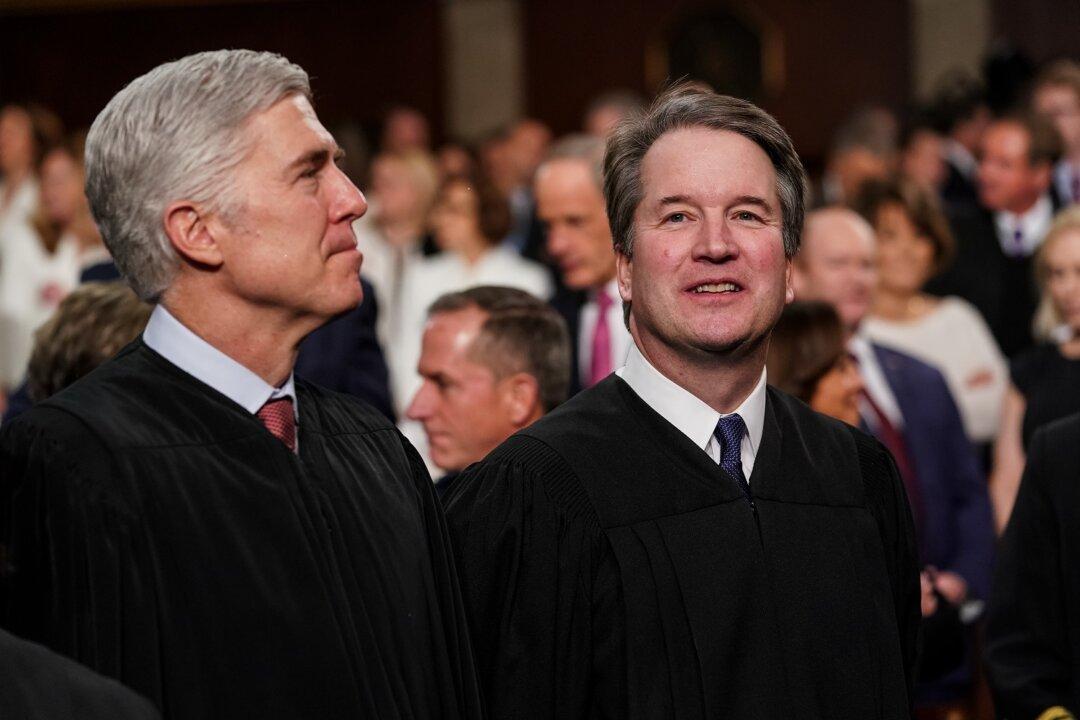Over the dissent of two conservative justices, the Supreme Court refused on Nov. 7 to take up the case of a man who claimed that it was unconstitutional for Arizona to convict him using a jury made up of just eight people instead of the usual 12.
The ruling means that a handful of states may continue to use six- or eight-person juries in felony trials. Arizona, Connecticut, Florida, Indiana, Massachusetts, and Utah permit the practice, according to an NBC summary.





